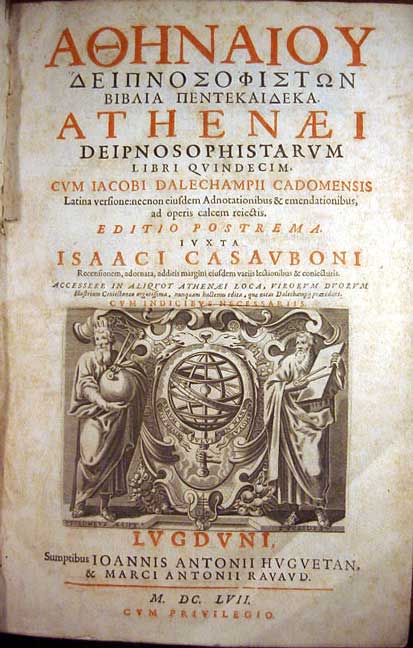Myth and history
The Myth
According to the myth, it was the legendary figure of king Thoas, son of Dionysus and Ariadne, who taught the art of viticulture to the inhabitants of Lemnos. Thoas was a general of Radamanthes, the king of Phaestos, whom king Minos from Crete had ordered to go and conquer the islands of the Aegean. Radamanthes offered Lemnos to Thoas who thus became its king.
Homer also refers to the wine of Lemnos, which the Achaeans were provided with during the Trojan War:
“…and they had wine from Lemnos delivered by many ships, sent to the Achaeans by the son of Jason, Euneos, born of king Jason and Hypsepele.”
(Homer, Iliad, 8)


The History
Besides the myth, many references to the wine of Lemnos were often made by ancient authors such as Aristotle, Hesiod and Polydeuces. Athenaeus in the Deipnosophistae (The Banquet of the Learned) mentions that:
“…no wine is better than a sweet wine from Lemnos”
(Athenaeus, Deipnosophistae)
Wine consumption in Lemnos was beyond doubt connected to the Kabeiri Mysteries which took place at the sanctum of the Kabeiri, an important archaeological site nowadays situated at the north of the island. In addition, not few archaeological findings related to drinking wine were found in ancient cities of Lemnos such as Poliochne and Hephestia. During roman and mainly byzantine years, enough evidence indicates that the monks working in the monasteries of Lemnos made wine, proving thus the continuation of the island’s viticulture tradition. Moreover, travellers and historians who have occasionally been to Lemnos note that some of the most important products of the island are grapes, must and wine, referring of course to the red local variety Limnio, which used to be the dominant variety of the island.
Today, with several active wineries on the island, the wines of Lemnos have been repeatedly awarded and widely recognised and form a major export product, exported not only to the rest


